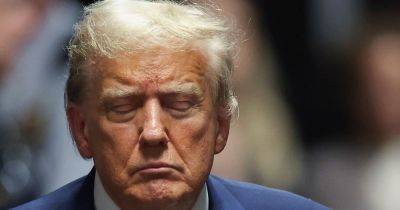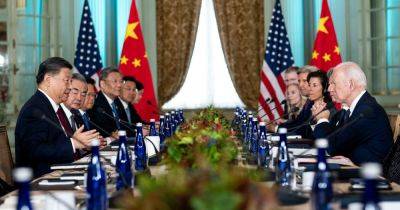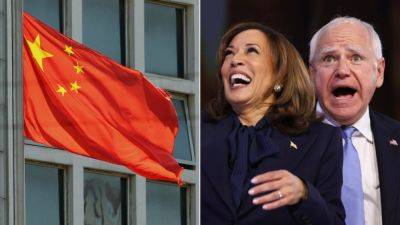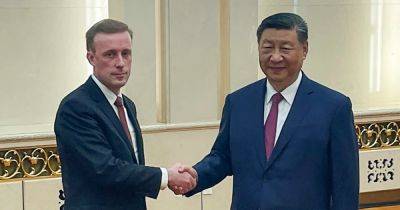China hits Canada with anti-dumping canola probe after EV tariffs
China said on Tuesday it plans to start an anti-dumping investigation into canola imports from Canada, after Ottawa moved to impose tariffs on Chinese electric vehicles, lifting prices of domestic rapeseed oil futures to a one-month peak.
Canada has followed the lead of the United States and European Union, and announced last week a 100 per cent tariff on imports of Chinese electric vehicles and a 25 per cent tariff on imported steel and aluminum from China.
“China strongly deplores and firmly opposes the discriminatory unilateral restrictive measures taken by Canada against its imports from China despite the opposition and dissuasion of many parties,” a commerce ministry spokesperson said in a statement.
The ministry said China will also initiate an anti-dumping investigation into some Canadian chemical products.
More than half of canola produced in Canada makes its way to China, the world’s biggest oilseed importer. Canola, also called rapeseed for certain variants, is used as a cooking oil and in a wide range of products including renewable fuels.
China’s rapeseed meal futures on the Zhengzhou Commodity Exchange CRSMcv1 jumped six per cent to 2,375 yuan ($333.56) per metric ton following the announcement, hitting its highest since Aug. 6.
The ICE canola contract for November delivery RSX4 dropped to its daily limit of $45, or seven per cent, to $569.7 per metric ton.
“Canada’s canola exports to China have increased significantly and are suspected of dumping, reaching US$3.47 billion in 2023, with a 170 per cent year-on-year increase in volume and a continuous decline in prices,” the ministry said.
“Affected by the unfair competition of the Canadian side, China’s domestic rapeseed-related industries continued to suffer







